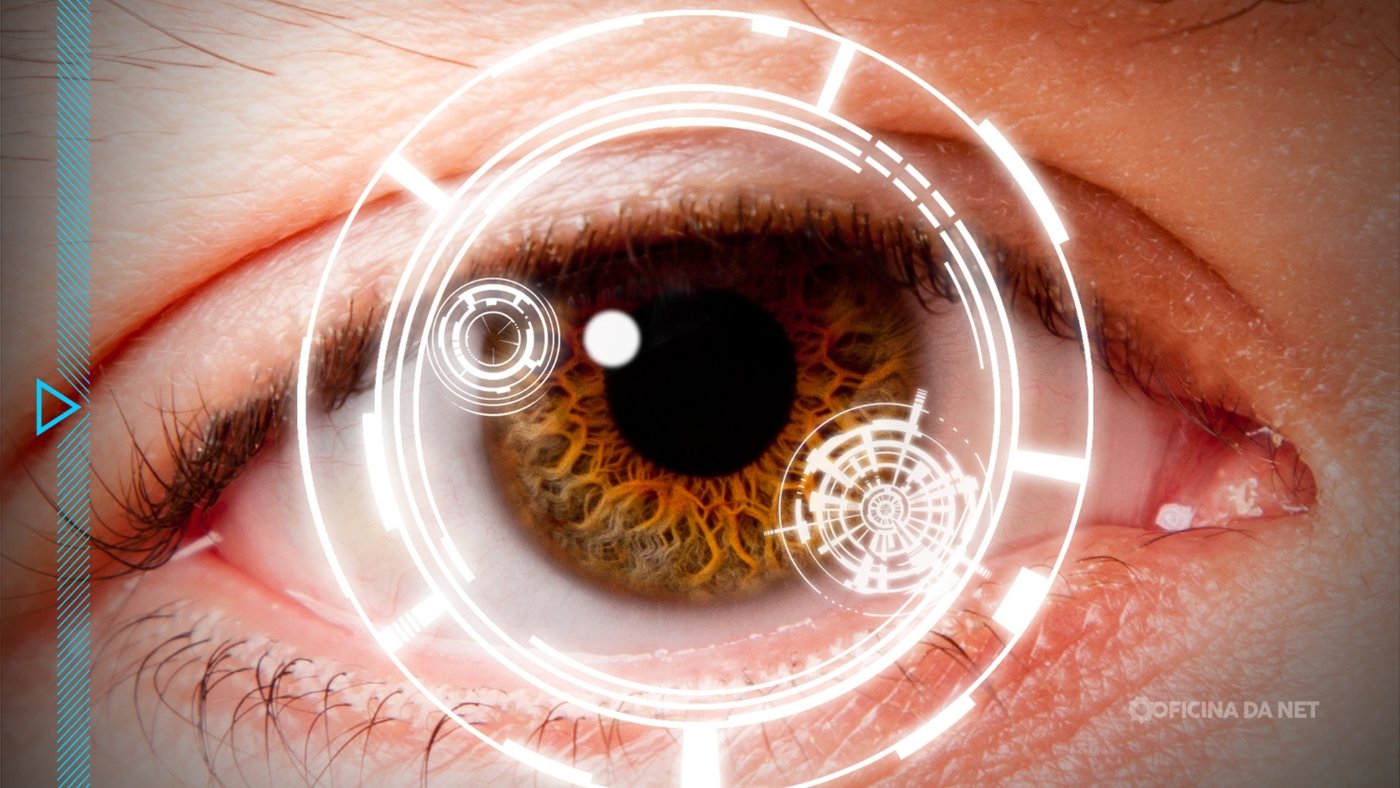The National Data Protection Authority in Brazil has instructed Tools for Humanity (TFH) to stop using iris scanning as payment for cryptocurrency. TFH, in partnership with the Worldcoin project, had been utilizing biometric data to develop a universal human identification system to distinguish humans from AI-created robots.
The Tools for Humanity project has been put on hold.
Since November 2024, the ANPD has been examining TFH’s operations in Brazil. An administrative directive instructs the company to cease providing “cryptocurrency or any form of financial reward in exchange for collecting data subjects’ iris scans in Brazil.”
The ANDP states that collecting human iris data aims to support the World ID platform by verifying individual uniqueness and enhancing digital security in the growing realm of artificial intelligence technologies.
The national authority discovered that the distribution of cryptocurrencies would violate the General Data Protection Act (LGPD) by requiring explicit, informed, and unambiguous consent for the processing of sensitive personal data.
ANDP’s analysis revealed that the monetary compensation provided by the company could impact individuals’ decision-making regarding the sharing of their biometric data, particularly in situations where vulnerabilities and lack of resources may affect the value of the offered payment, as stated by the authority.
Tools for Humanity mentioned in a statement that the service they provide has been misrepresented in fake news on social media, leading to the national organization’s decision.
The World network follows all legal requirements in Brazil and is addressing misleading reports to the ANPD. We are in communication with the ANPD and are optimistic about collaborating to maintain Brazilians’ access to the network. Our dedication is to provide this crucial service to all individuals in Brazil.
ANPD emphasizes that adhering to the regulations of the General Data Protection Act (LGPD) is essential for handling sensitive data. Compliance with the agency’s standards will be crucial for the project’s continuation in Brazil.
How did the project progress?
The initiative, developed by Sam Altman, CEO of OpenAI, was introduced in Brazil in October 2024. In São Paulo, TFH set up 50 Orb cameras at ten locations to gather iris data from users.
The company attracted over 400,000 participants by offering 48 Worldcoin cryptocurrency units valued at approximately R$ 650 as an incentive, causing long lines at registration sites.

The camera Orb captures an image of the person’s iris to generate a unique numeric code for identification purposes. This code is promptly erased, and users are not required to provide personal details such as name, phone number, email, or address.
The project received attention in Brazil, with over a million individuals having already downloaded the app to arrange a schedule at one of the checkpoints.
Source

